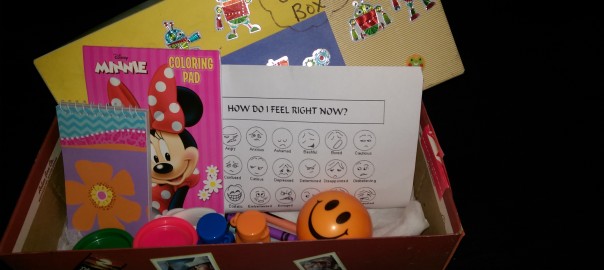Over my years as a therapist, I have had the opportunity to support many children, couples and families affected by divorce. Families have come to me at various stages of this process. Some individuals or couples seek out therapy when they are trying to evaluate whether divorce is an option. Others have reached out after they’ve decided to move forward with divorce or separation and want support around how to help their families with this transition. Some clients (adults and/or children) come to see me after the divorce has taken place and want to process how this change has affected them.
When children are involved, parents typically have a lot of questions about how their children will respond to learning that their parents are separating or divorcing and the best way to support their children. In general, I find that children tend to adjust the best to their parents separating or divorcing when they receive support, validation and age appropriate information about the divorce. The support and validation that children need is around processing and coping with the changes they are experiencing and the emotions that accompany these changes.
In today’s post, I attempt to answer some of the most common questions about that I hear from parents who are planning to divorce. My answers here are fairly general and cannot adequately address the uniqueness of each child and family situation, but I hope it gives you some basic information from which to start thinking about how to best support your child. Continue reading Stressors & Children: Divorce









